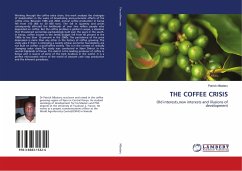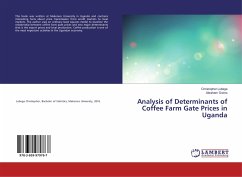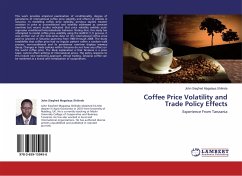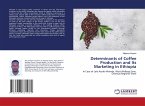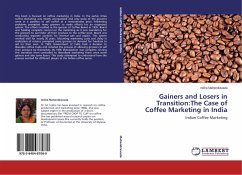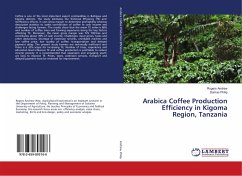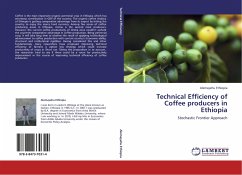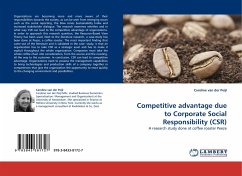Working through the coffee value chain, this work analyses the strategies of stakeholders in the wake of devastating socio-economic effects of the coffee crisis. Between 1985 and 2004, annual coffee production in Kenya fell from 150 000 to 50 000 tons. The fall in quantity and prices consequently affected the livelihoods of over two million people who depended on coffee. But the coffee problem is global in scope, a situation that threatened economies painstakingly built over the years in the south. In Kenya, coffee income in the family budget fell from 40 percent in the 1980s to less than 10 percent in the 2000s. The persistence of the price depression is more than any other in the history of coffee growing. The study asks if there is emerging a society whose economic foundations are not built on coffee: a post-coffee society. This is in the context of radically changing value chain.The study was conducted in Nyeri District in the central highlands of Kenya. The district is the leading producer of coffee in Kenya and is source of some of the best Arabicas in the world. It is a perfect microcosmic mirror of the world of peasant cash crop production and the inherent paradoxes.
Bitte wählen Sie Ihr Anliegen aus.
Rechnungen
Retourenschein anfordern
Bestellstatus
Storno

